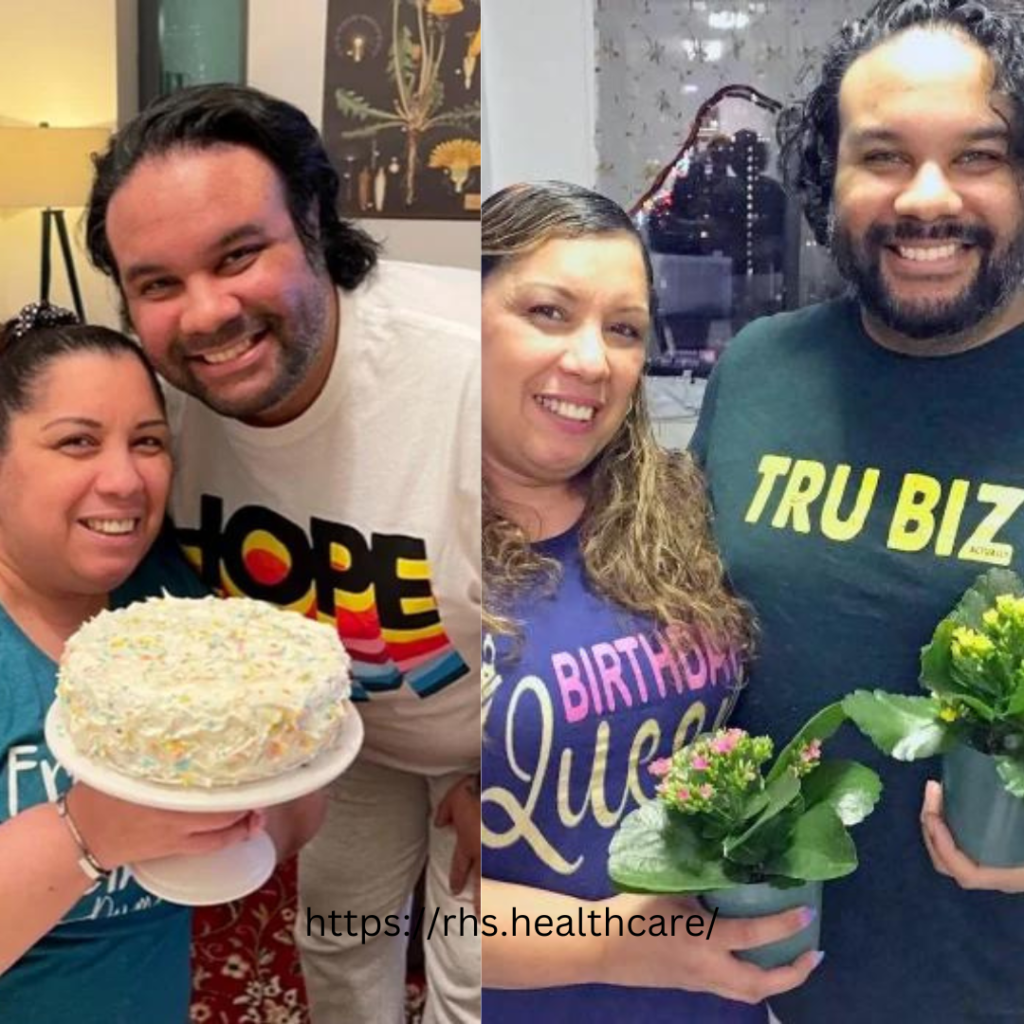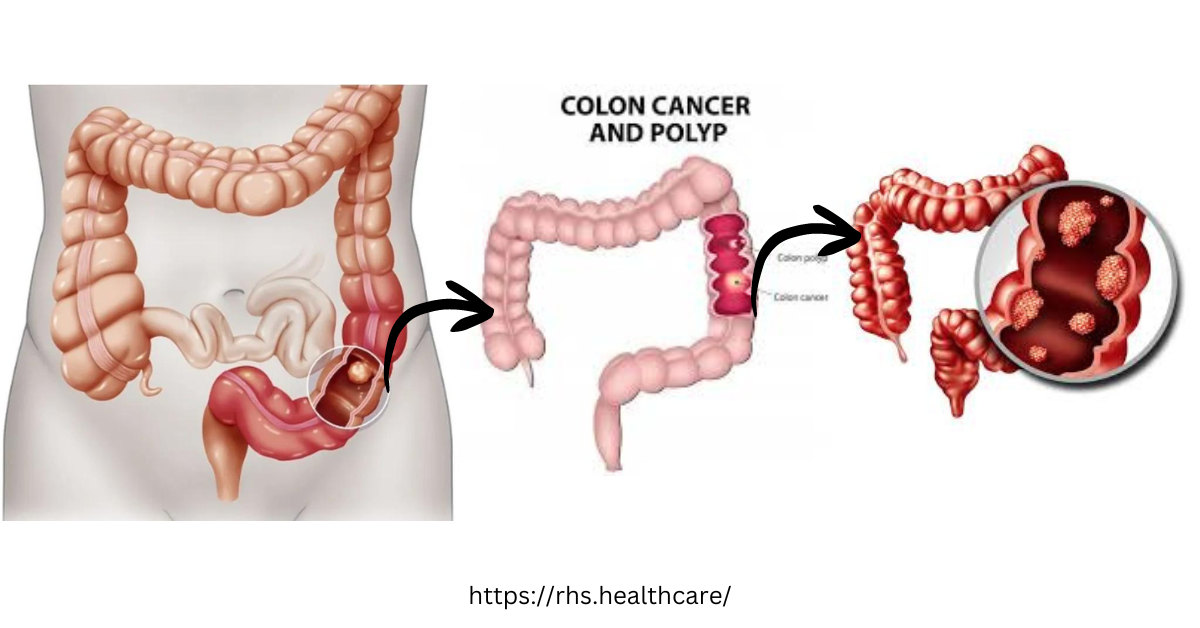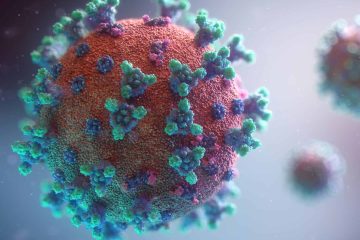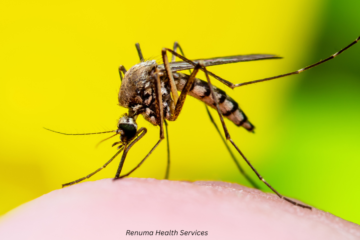A recent study from Taiwan, which analyzed 5,000 individuals diagnosed with colon cancer, has unveiled alarming differences in how younger and older patients experience the disease. According to the findings, younger adults under 50 may be at a higher risk of ignoring key warning signs, leading to delayed diagnoses and more severe stages of cancer by the time they seek medical attention.
Colon Cancer – Key Findings of the Study
The study revealed that 60% of patients under the age of 50 experienced rectal bleeding before their diagnosis, a significantly higher percentage compared to just under half of those aged 50 and above. Younger patients were also more likely to report changes in their bowel habits, with almost 60% noticing these shifts, in contrast to 48% of older patients. These symptoms included changes in stool consistency, frequency, and unexpected abdominal pain.
Here is the breakdown of colon cancer symptoms in a table
| Symptom | Patients Under 50 (%) | Patients Over 50 (%) |
| Rectal Bleeding | 60% | 48% |
| Changes in Bowel Habits | 58% | 48% |
| Abdominal Pain or Cramping | 45% | Not specified |
| Unexplained Weight Loss | 35% | Not specified |
| Fatigue | 30% | Not specified |
Although not part of the study, Dr. Cedrek McFadden, an oncologist based in South Carolina, shared his perspective, saying that the difference in symptoms between younger and older patients is consistent with what he has seen in his practice. “It’s common for younger patients to attribute rectal bleeding to less serious conditions like hemorrhoids, which can delay a timely diagnosis,” McFadden explained.
Colon Cancer – Real-Life Case Studies
Several real-life stories emphasize how vital it is for young people to remain vigilant about their health.
1. Joshua Sanchez
Joshua Sanchez, 38, from East Harlem in New York, experienced rectal bleeding but initially dismissed it as hemorrhoids. By the time he sought medical advice, Joshua was diagnosed with stage four colon cancer, one of the most advanced forms of the disease. His story is a stark reminder of the importance of taking symptoms seriously, regardless of age.

2. Carly Barrett
Carly Barrett, a 24-year-old teacher from Kentucky, was diagnosed with colon cancer after noticing blood in her stool and enduring ongoing abdominal pain. Carly, like many young adults, didn’t immediately assume it was cancer, attributing her symptoms to less severe issues. However, her proactive decision to see a doctor led to a prompt diagnosis and life-saving treatment.

Colon Cancer, Rising Numbers Among Younger Patients
Colon cancer has traditionally been seen as a disease affecting older adults, but this assumption has shifted over recent years. Research from the American Cancer Society shows that colon cancer rates among people under 50 have increased by 2% annually since the mid-1990s. While the reasons behind this rise aren’t entirely understood, experts believe lifestyle factors, such as diet, exercise habits, and genetic predispositions, could play a role.
Take Action: Don’t Ignore the Warning Signs
The findings from the Taiwanese study serve as a crucial reminder for everyone—particularly younger adults—not to dismiss potential symptoms of that cancer. Whether it’s rectal bleeding, unexplained abdominal pain, or changes in bowel habits, early detection is key to improving outcomes. If you or someone you know experiences these symptoms, it’s vital to consult a healthcare professional and undergo the necessary screenings.
Colon cancer can often be successfully treated if caught in the early stages. However, delayed diagnosis can lead to more aggressive treatments and lower survival rates.




